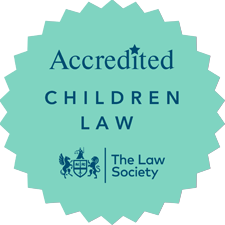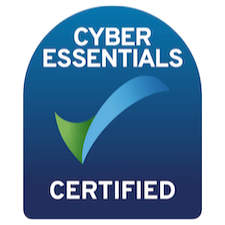An Emergency Protection Order (EPO) is a time limited protective order for emergency situations where there is a reasonable cause to believe that a child is likely to suffer significant harm.
The three grounds on which an EPO can be obtained are:
- The child is not removed (i.e. from a home address) or does not remain in a place where currently accommodated (i.e. a hospital)
- Enquiries are being made by the Local Authority under section 47 and those enquiries are being frustrated by access to the child being unreasonably refused where access is required as a matter of urgency (usually used when parents fail to cooperate in an emergency situation)
- The Local Authority or the NSPCC suspects that a child is suffering or is likely to suffer significant harm, they are making enquiries with respect of the child’s welfare, and those enquiries are being frustrated by access to the child being unreasonably refused.
Who can apply for an EPO?
Most applications for an EPO come from the Local Authority but concerned relatives, the police or an organisation such as the NSPCC can also apply for an EPO. An EPO is considered an extreme measure and is therefore only granted when there is no other available option to protect a child. The Court must be satisfied that the making of an EPO is proportionate to the concerns for the child and is required to protect them from imminent danger. Parents or others who hold parental responsibility for the child must be given adequate notice of the application for an EPO and be made aware of the hearing details. However, in exceptional circumstances this may not happen due to it being made in an emergency.
What is the impact of an EPO?
Once an EPO has been made, the child can be removed to accommodation provided by or on behalf of the applicant such as a foster placement or the order can specify that the child should stay where they are such as in hospital. The EPO can also restrict the child from going to the location that is deemed unsafe or from leaving somewhere if it is deemed in their best interests such as the hospital. The Court can also direct for assessments of the child during that time such as a medical assessment. The EPO can also direct a person to comply with any request to produce the child to the applicant to ensure their safety if their whereabouts are unknown or access is restricted. The granting of an EPO gives limited parental responsibility for the child to the applicant but this does not diminish or reduce others parental responsibility. The applicant can then only use their parental responsibility to reasonably safeguard the child during this time.
How long can an EPO last?
An EPO can last for a maximum of 8 days but in some circumstances, this can be extended by the Court for a further 7 days in order to ensure the child’s safety. During this time, the Local Authority is required to consider and review the level of risk day to day. If it is decided that the risk is no longer present for the child, it is the duty of the Local Authority to reunite the parents and the child as soon as is reasonably practical if it is safe to do so even if the order has not expired. If they feel that risk still exists for the child and that the child cannot be returned to the care of their parents, they may initiate care proceedings for the child for a further protective order.
How can we help?
If your child or children have been made subject to an Emergency Protection Order, we understand that this can be very stressful and that is why we are here to help and provide advice. We have experience in assisting parents at all stages of Local Authority involvement. Please contact Johnson Astills at either our Leicester office on 0116 255 4855 or our Loughborough office on 01509 610 312 and ask or a member of the Care Team. Alternatively you contact us through our free online enquiry form or email us at careteam@johnsonastills.com and a member of our team will be happy to assist you.








